Google is taking a significant step forward in artificial intelligence with the introduction of its experimental "reasoning" AI model, now integrated into the Gemini app. This advancement, part of the Gemini 2.0 Flash Thinking update, aims to enhance AI's ability to process and explain complex queries. The rollout is just one of several major updates to Google's AI ecosystem, as the company also unveils the Gemini 2.0 Pro flagship model.
Google's Expanding AI Investments
As Google intensifies its focus on AI innovation, it is poised to invest a staggering $75 billion in expenditures for expanding its AI model family and infrastructure in 2024. This represents a dramatic increase from the $32.3 billion spent in capital expenditures in 2023. The surge in investment underscores Google’s commitment to staying ahead in the competitive AI landscape, where it faces fierce rivals such as OpenAI, Microsoft, Meta, and the Amazon-backed Anthropic.
Introducing Gemini 2.0 Flash Thinking
Gemini 2.0 Flash Thinking is designed to enhance AI reasoning capabilities by breaking down complex problems into manageable steps, allowing the model to deliberate before generating a response. This structured approach to problem-solving aims to yield more accurate and insightful answers, albeit with a potential tradeoff in response time.
Starting today, users will find Gemini 2.0 Flash Thinking as a selectable model in the dropdown menu on both desktop and mobile versions of the Gemini app. In addition to this reasoning-based model, Google is also introducing a more agent-like AI version that integrates seamlessly with applications such as YouTube, Search, and Google Maps. This agentic AI capability is intended to provide more context-aware interactions, expanding the practical use cases of Google's AI across its ecosystem.
Competing in the Reasoning AI Space
Google's Gemini 2.0 Flash Thinking enters a competitive field of reasoning AI models, where it will contend with OpenAI’s o1 and DeepSeek’s R1. These models share a similar architectural philosophy of decomposing complex queries into structured steps, mirroring human-like thought processes. The goal of such models is to enhance the accuracy and depth of responses, particularly in technical and analytical domains, although this often comes at the cost of increased computational processing time.
Advancements in Gemini 2.0 Pro
Alongside the Flash Thinking update, Google is also launching an experimental version of Gemini 2.0 Pro. This successor to Gemini 1.5 Pro is expected to deliver significant improvements in factual accuracy and computational performance, particularly for coding and mathematical applications. Leaked previews reported by TechCrunch suggest that Gemini 2.0 Pro will be Google’s most advanced AI model to date, promising enhanced efficiency and reliability. The model will be accessible to Advanced Gemini app users as well as professionals leveraging Vertex AI and AI Studio.
Expansion of Gemini 2.0 Flash
Following its successful rollout to Gemini’s web and mobile platforms, Gemini 2.0 Flash—Google’s high-efficiency AI model—is now generally available to developers through AI Studio and Vertex AI. This move extends access to developers and enterprises looking to integrate Gemini’s capabilities into their own applications and services.
Introduction of Gemini 2.0 Flash-Lite
In a bid to offer cost-effective AI solutions, Google is also introducing Gemini 2.0 Flash-Lite, a streamlined model that maintains the speed and affordability of 1.5 Flash while offering superior performance across most AI benchmarks. The company is positioning Flash-Lite as an accessible yet powerful AI tool for businesses and developers requiring efficient AI solutions without the computational overhead of larger models. Flash-Lite is now available for public preview via Google’s AI Studio and Vertex AI.
The Future of Google's AI Ecosystem
Google's latest AI updates highlight its strategic push toward refining and expanding its AI capabilities. By investing heavily in reasoning AI models, agentic AI, and cost-effective alternatives, the company aims to solidify its position as a leader in artificial intelligence. As these updates roll out, they will likely shape the future landscape of AI-driven applications, reinforcing Google’s competitive stance in an increasingly AI-centric world.







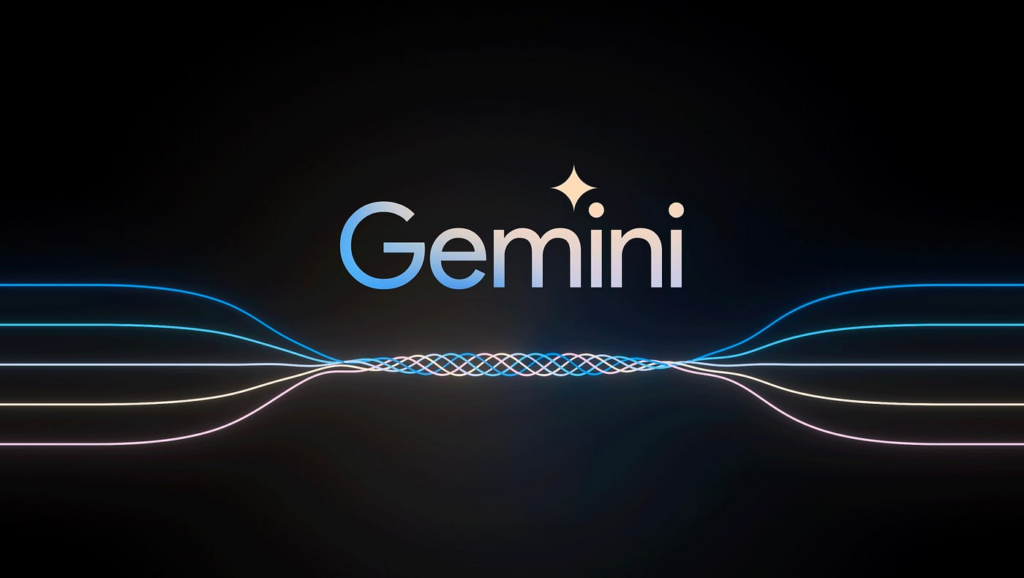





































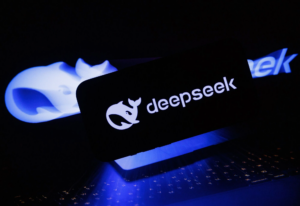











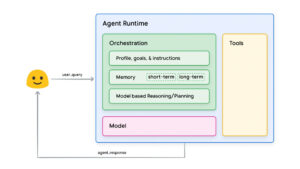



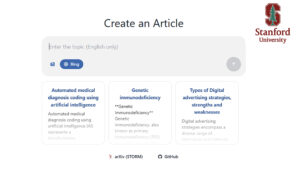


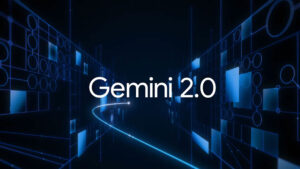




















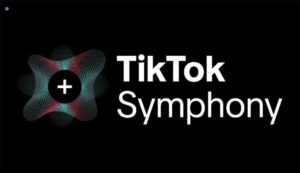









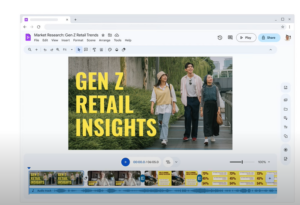


















Validate your login
Sign In
Create New Account